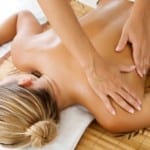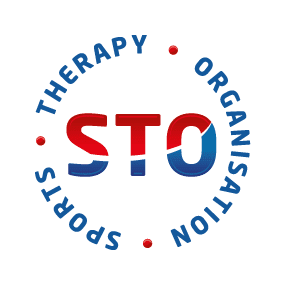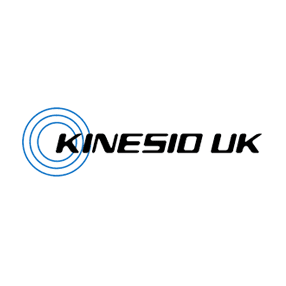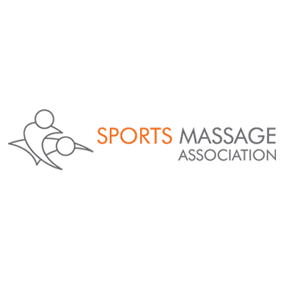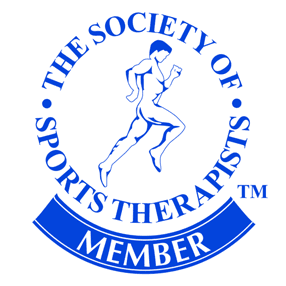Medical Acupuncture
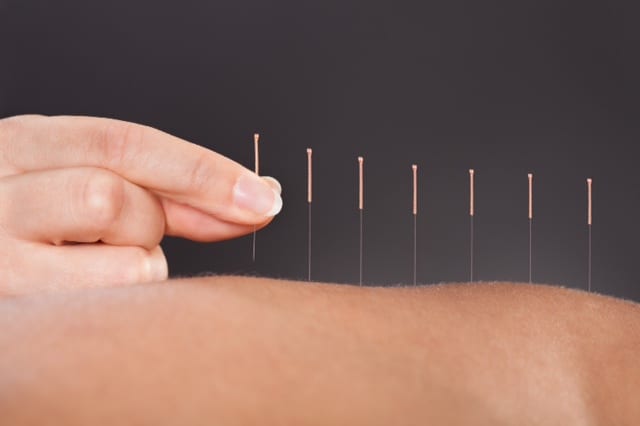
Medical Acupuncture is a modern adaptation of the ancient Chinese practice of acupuncture. It is defined as a therapeutic technique that involves the insertion of fine needles into certain points across the body to encourage healing and pain relief.
The main difference between medical acupuncture and traditional Chinese acupuncture is that the ancient beliefs of ‘yin’, ‘yang’, and the energy ‘qi’ is substituted for a combined knowledge of physiology and pathology, anatomy, and the common principals of evidence based medicine.
Medical acupuncture is practiced by healthcare practitioners and is generally regarded as part of conventional medicine. The modern scientific explanation is that needling the acupuncture points stimulates the nervous system to release chemicals in the muscles, spinal cord, and brain. These chemicals will either change the experience of pain, or they will trigger the release of other chemicals and hormones, which influence the bodies own internal regulating system.
The improved energy and biochemical balance produced by acupuncture results in stimulating the body’s natural healing abilities, and in promoting physical and emotional well-being.
There is very good scientific evidence showing that acupuncture can help with short-term relief of knee, neck and low back pain, and tension type headaches and migraine. It is also proven to help Neurological and muscular disorders: headaches, facial tics, neck pain, rib neuritis, frozen shoulder, tennis elbow, various forms of tendinitis, low back pain, sciatica, osteoarthritis.
Acupuncture is also particularly useful in resolving physical problems related to tension and stress and emotional conditions.
The number of treatments needed differs from person to person. For complex or long-standing conditions, one or two treatments a week for several months may be recommended. For acute problems, usually fewer visits are required, and for health.
Not usually. As energy is redirected in the body, internal chemicals and hormones are stimulated and healing begins to take place. Occasionally the original symptoms worsen for a few days, or other general changes in appetite, sleep, bowel or urination patterns, or emotional state may be triggered. These should not cause concern, as they are simply indications that the acupuncture is starting to work. It is quite common with the first one or two treatments to have a sensation of deep relaxation or even mild disorientation immediately following the treatment. These pass within a short time, and never require anything more than a bit of rest to overcome.
In the hands of properly trained practitioners, acupuncture appears to be a very safe form of treatment. It is certainly safer than many of the drug treatments we use. However, any procedure that involves inserting needles into the body has some potential problems. In addition, there are a few “side effects” produced by acupuncture treatment that can be troublesome in certain people.
Here is a list of some of the possible side effects you may, or may not, experience:
- Momentary discomfort where the needles are inserted
- Drowsiness and sleepiness
- Bruising
- Temporary worsening of your symptoms
- Fainting
- Onset of a migraine headache, if you are a sufferer
- Feeling faint, during or after treatment.
Here is a list of some of the rare, but serious, problems that may be a risk:
- Damage to an internal organ from insertion of a needle
- Infection in the area where the needle was inserted
- Infection from Hepatitis or HIV if dirty needles are used
- Infection spreading through the blood system to infect previously damaged heart valves.
Please remember that, luckily, the above problems are very rare.
Only sterile, single-use, disposable needles will be used. All needles will be disposed off after their use.
People experience acupuncture needling differently. Most patients feel only minimal pain as the needles are inserted; some feel no pain at all. Once the needles are in place, there is no pain felt. Acupuncture needles are very thin and solid and are made from stainless steel. The point is smooth (not hollow with cutting edges like a hypodermic needle) and insertion through the skin is not as painful as injections or blood sampling. The risk of bruising and skin irritation is less than when using a hollow needle.
Make sure you inform your therapist of the following before undergoing acupuncture treatment:
- If you have ever fainted, are needle phobic had a fit or have experienced a ‘funny turn’
- If you have a bleeding disorder (hemophilia)
- If you have damaged heart valves or a particular risk of infection
- If you have a pacemaker or any other implants of an electrical nature
- If you are taking anti-coagulants or any kind of medication such as Warfarin.
Yes. In the past 2,000 years, more people have been successfully treated with acupuncture than with all other health modalities combined. Today acupuncture is practiced widely in Asia, the Soviet Union, and in Europe.
Acupuncture treatments can be given at the same time other techniques are being used, such as conventional Western medicine. They can also be used in conjunction with other treatments such as Sports Therapy & Massage, Trigger Point Therapy, Myofascial release, osteopathic or chiropractic adjustments, and homeopathic or naturopathic prescriptions.
It is important that your therapist knows everything that you are doing, so he or she can help you get the most benefit from all your treatments.
Yes.
To enhance the value of a treatment, the following guidelines are important:
- Do not eat an unusually large meal immediately before or after your treatment.
- Do not over-exercise, engage in sexual activity, or consume alcoholic beverages within 6 hours before or after the treatment.
- Plan your activities so that after the treatment you can get some rest, or at least not have to be working at top performance. This is especially important for the first few visits.
- Continue to take any prescription medicines as directed by your regular doctor. Substance abuse (drugs and alcohol) especially in the week prior to treatment will seriously interfere with the effectiveness of acupuncture treatments.
- Remember to keep good mental or written notes of what your response is to the treatment. This is important for your doctor to know so that the follow-up treatments can be designed to best help you and your problem.
Our services
Latest news
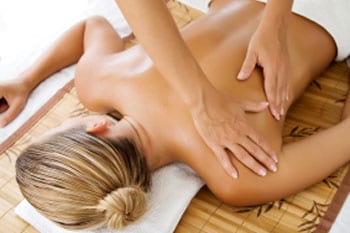
New Client Offer!!
Posted: July 1, 2014Injured or ongoing niggle? Training for or recovering from an event? Have and aches or pains? Then quote New Client Promo upon booking and receive 25% off your first booking! Offer expires: 31/5/15 T’s&C’s apply Not applicable to club rates
-
About Us
Address
2 Westminster Square
Maidstone
Kent
ME16 0WQTelephone
Email
-
Operating Hours
Monday – Closed
Tuesday – Closed
Wednesday – 11:30 to 20:00
Thursday – 11:30 to 20:00
Friday – 10:00 to 20:00
Saturday – 10:00 to 14:00
Sunday – Closed Latest news

